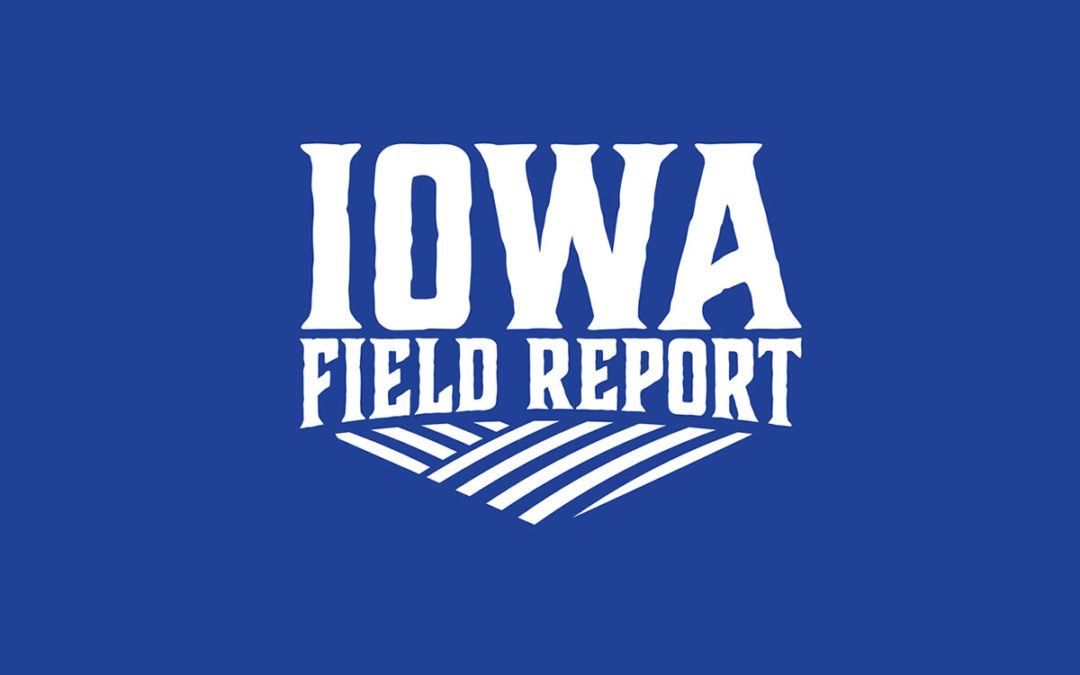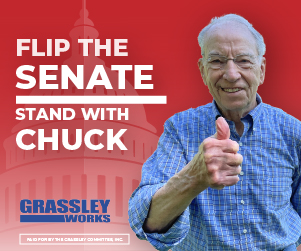The battle on the national stage between the media and the president is not a new phenomenon. We’ve all seen the tense exchanges at press conferences which then spin off to tweets from each of the opposing sides: the reporter tweets that they’re attacked by the President and he tweets that they are “fake news.”
The way the national media interact with a president’s administration has always seemed to stay within the DC bubble. That isn’t the case anymore.
Americans across the country are taking issue with the way the media portrays current events and they’re pointing out the hypocrisy they see in the way some members of the media cover Republicans and Democrats differently.
Lately, it seems as if some media personalities are giving them the perfect ammo. The recent stunt pulled by Chuck Todd on his Meet the Press show was infuriating. We’ve all seen reporters with thousands of followers who quickly and inaccurately tweet a quote or information which drives an entire national press corps, getting tens of thousands of retweets. When this gets corrected later it’s only then retweeted by a couple hundred followers. It should be infuriating to any good journalist who is out there working to put the truth forward when these things happen. It has created an environment of distrust and disdain for the media.
Iowa media members are not immune to this phenomenon.
It’s no secret that Republican Party of Iowa Chairman Jeff Kaufmann has gone toe-to-toe with editorial boards from the Des Moines Register and Cedar Rapids Gazette. In November, he tweeted, “I never thought I’d find an editorial board more unprofessional, juvenile, and anti-Iowan than the DMR, but I was wrong. I will be encouraging all GOP candidates to boycott meeting with the sanctimonious editorial board at the Cedar Rapids Gazette.”
While media professionals like to think editorial boards and newsrooms are separate, do you think that the average Iowan distinguishes between the two? Column headlines like, “Iowa, You Are Racist” and “Make America Suck Again,” or the constant trashing of Republican officials and ideas only gives Iowans the impression that every one at that paper is providing an unbalanced perspective. Again, it should be infuriating to any good journalist who is out there working to put the truth forward when these things happen.
And maybe it goes past editorial boards – maybe this bias is starting to creep into every day stories. Take for example, the recent absentee ballot changes the Legislature was discussing.
The press corps exploded on Twitter when the Senate amendment was released – absolute chaos, framing the story as all Republicans everywhere are pushing this idea. However, when it became clear that a proposal from the House, which would have stripped the Senate language and replaced it with a bipartisan compromise, was moving, Iowa press’ twitter feeds were silent. Crickets.
Even worse, the AP published a story, “Republican lawmakers in Iowa push to limit absentee voting,” which didn’t even acknowledge there was a difference of positions on the House and Senate. The entire article painted Republicans with a very broad brush and gave the impression to Iowans that the bill was a done deal. It lacked any recognition of the elementary school lesson that the legislative branch has two chambers which must agree before something becomes law.
The AP clicked send on that article which distributes stories to news outlets across the state (and globe) so real damage was done and misinformation spread when it went out inaccurate. While the editor claims he sent out a “major update” alert AFTER THE FACT, no editor’s note is included on the AP version of the story and the old version still appears on many outlet’s websites, most notably KCCI and US News and World Report.
Does this mean all reporters are slanted and show bias in their stories? Absolutely not.
Does this mean that there is an intentional effort underway to get it wrong and trash Republicans? I do not believe that.
Is the nature of Twitter, the drive to get clicks, the 24-hour news cycle and the need to be first to market with a story clouding the judgement of some reporters? I think so. But it doesn’t matter what I think. If journalists in this country don’t call out bad journalism or biased reporting, it hurts them all. If they don’t pay attention to what every day Americans and Iowans perceive about the state of the news industry in this country it’s at their own peril.



